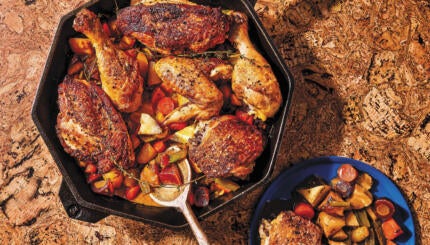There I was. Twenty years old, newly engaged, and feeling like the luckiest girl in the world! I had a whole notebook dedicated to planning the perfect wedding. It had lists of photographers, caterers, and musicians. It also had a list of important people we needed to have at the wedding; family, close friends, and the Rabbi.
My husband picked the mesader kedushin, the Rabbi who would be the one to officiate the wedding. It was a rabbi he had built a relationship with, and who was also a very important man in the community. We found out that we would have the added honor of having the Rabbi’s own Rabbi be there to officiate the wedding as well. All I could think was how lucky we were, and how I could easily check that off of my list. What I did not realize was that I was missing a very important item from my pre-wedding checklists. It was something that neither of these great rabbis mentioned to us. It was the halakhic pre-nup, which protects women in case of divorce.
Nowadays, almost ten years later, the halakhic pre-nup is known and accepted by most. For many people, it is part of their pre-wedding checklists. There are many rabbis who will not even agree to officiate a wedding without proof of a signed halakhic pre-nup! Even when I was getting married, it was something I had heard about, but had no intention of signing. The rabbis didn’t suggest it, and my new and shiny fiancé certainly didn’t suggest it. How would you even bring that up in a conversation? “Hey, in case we get a divorce, let’s make sure to sign that halakhic pre-nup!”
The answer is, that is exactly how it could be brought up! The conversation would be about suggesting to the other person that if, God forbid, the marriage does not work out, you both come out of the marriage with the same amount of respect and understanding that you had going into the marriage. It should be a way of saying that as much as I never would have wanted anything to hurt you in our marriage, so too I wouldn’t want to be the one hurting you at the end of the marriage.
Unfortunately for me, no one advised me to sign the halakhic pre-nup. The rabbis instead made sure to ask the “pressing” questions that “pertained” to the wedding, like if I had ever slept with another man. But something that would show the beginning steps of shalom bayit (peace in the home), and of working together in the most important relationship you could have, THAT they did not question! This misstep of guidance ultimately led to the downfall of my life.
If I had signed a halakhic pre-nup, I would most likely have my gett, bill of divorce, now. Sadly, after seven years of marriage, my husband and I agreed that we should get a divorce. Except it is now two and half years later, and I am still waiting for that divorce. Within the first month after we made the decision together, he was anxious to give me my gett already. I moved out, as you must live separately in order to end the marriage religiously, and I am still waiting for the gett. If he were still adamant about not giving me the gett, and we had signed the pre-nup, then he would owe me OVER $100,000 to make up for every day that the gett was not given.
I can’t help but feel so ignorant and helpless. There I was, a young girl excitedly waiting for my wedding. If only the rabbis, any of them, had insisted on the pre-nup. My life would be so different. Instead, I am coming up on my ten year anniversary, in a dead marriage. And there is nothing I can do about it, and no way out.
To find out about more ways of preventing agunot, please join JOFA next Tuesday July 18 – Thursday July 20 for an online conversation titled “How to Prevent a Modern Day Agunah.”



